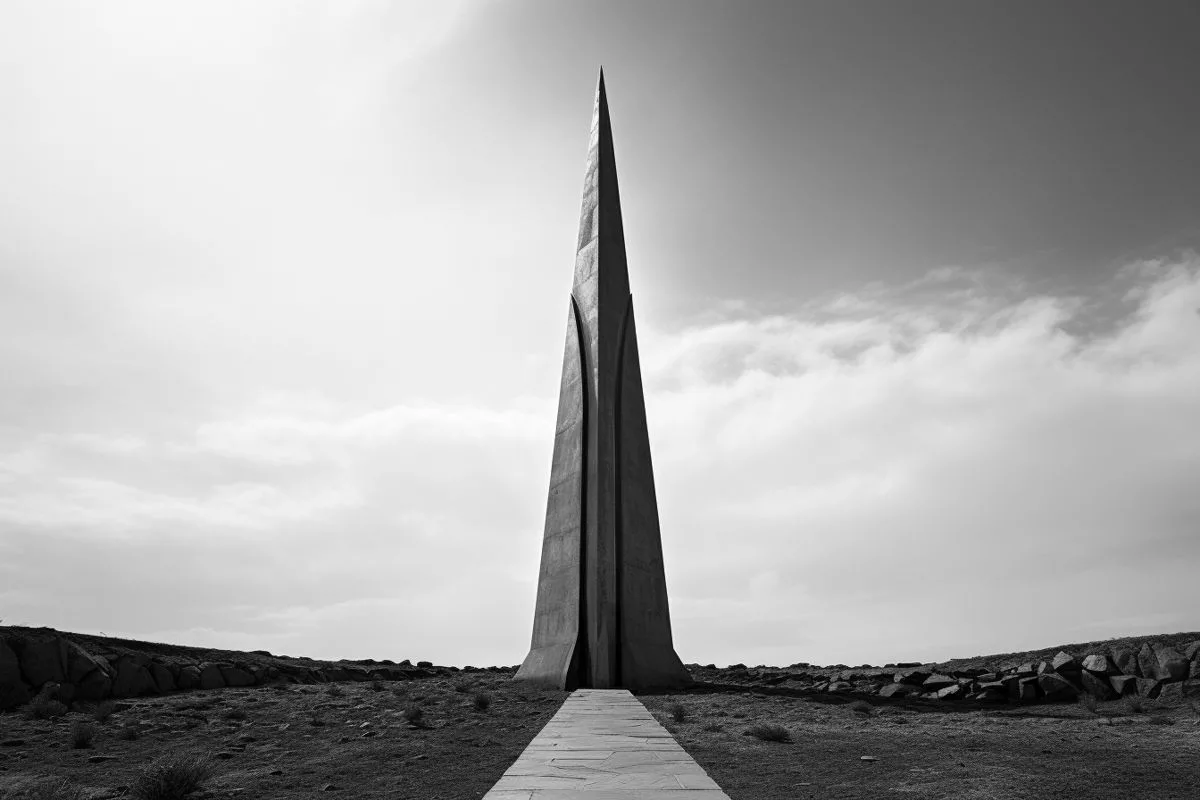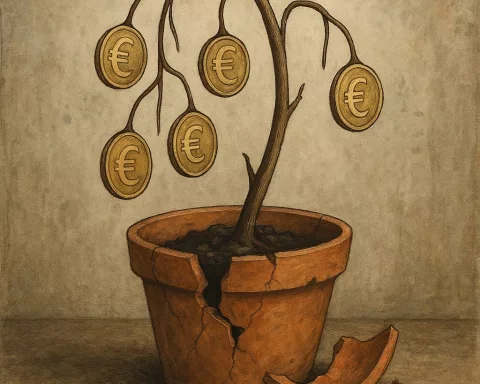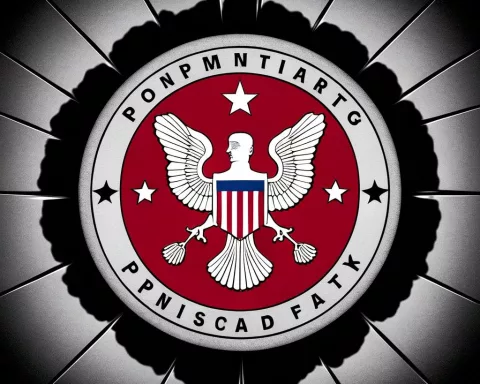The use of Umkhonto weSizwe’s symbolism in South African politics has become a hotly debated topic, with the emergence of a new political party using the group’s name. Umkhonto weSizwe, founded by Nelson Mandela, represented a shift in strategy from peaceful protests to armed resistance against apartheid. The debate around this topic highlights the diverse viewpoints that make up South African political discourse, reflecting the impact of historical struggles on potential political scenarios.
The use of Umkhonto weSizwe’s (MK) symbolism has recently become a topic of heated debate in South African politics. The African National Congress (ANC)’s KwaZulu-Natal faction has accused a new political party of appropriating MK’s legacy, indicating a significant transformation in the country’s political narrative.
The History of Umkhonto weSizwe
Umkhonto weSizwe, or the “Spear of the Nation” in Zulu, was founded on December 16, 1961, by Nelson Mandela, the late anti-apartheid revolutionary and former president of South Africa. The group represented a shift in strategy from peaceful protests to armed resistance against apartheid. MK aimed to sabotage apartheid structures while avoiding civilian casualties and received international support despite the South African government’s efforts to label them as terrorists.
Following the end of apartheid and the ANC’s rise to power in 1994, former MK members were integrated into the South African National Defence Force (SANDF), marking a moment of national reconciliation.
The Current Debate
Social media discussions have centered on MK’s legacy, ranging from revisionist views about Mandela’s association with the group to expressions of respect for the sacrifices made by its members. The emergence of a new political party using the MK name has raised concerns about its leadership and policy frameworks. Some social media users speculate that this move is an attempt to undermine the ANC’s influence on the upcoming 2024 elections.
The ANC’s KwaZulu-Natal faction has denounced the new MK party as a counterfeit entity, a sentiment echoed on various digital platforms. The debate around this topic includes in-depth political analysis, misinformation, and personal stories, highlighting the diverse viewpoints that make up South African political discourse.
The Significance of Umkhonto weSizwe’s Legacy
The renewed focus on MK’s legacy has sparked disagreement among South Africans, with some skeptical about the revival of what they see as a genuine spirit of resistance against apartheid, while others support it. This debate underscores the significance of MK’s legacy in modern South African society and politics.
As the dialogue continues, South Africans are left to reflect on the impact of historical struggles on potential political scenarios. The nation grapples with the live history of its fight for liberation and the ongoing pursuit of unity and prosperity.
For the latest updates and comprehensive coverage on this evolving story, visit capetown.today.
Tags
UmkhontoWeSizwe, SouthAfricanPolitics, ANC, KwaZuluNatal, Elections2024.
What is Umkhonto weSizwe and what was its purpose?
Umkhonto weSizwe, also known as the “Spear of the Nation,” was founded by Nelson Mandela in 1961 as a shift in strategy from peaceful protests to armed resistance against apartheid in South Africa. Their goal was to sabotage apartheid structures while avoiding civilian casualties.
What is the current debate around Umkhonto weSizwe’s symbolism in South African politics?
The emergence of a new political party using the Umkhonto weSizwe name has raised concerns about its leadership and policy frameworks. Some speculate that this move is an attempt to undermine the African National Congress (ANC)’s influence on the upcoming 2024 elections. The ANC’s KwaZulu-Natal faction has denounced the new party as a counterfeit entity, sparking a debate on various digital platforms about MK’s legacy and significance in modern South African society and politics.
What was the outcome of Umkhonto weSizwe’s fight against apartheid in South Africa?
Following the end of apartheid and the ANC’s rise to power in 1994, former Umkhonto weSizwe members were integrated into the South African National Defence Force (SANDF), marking a moment of national reconciliation. The legacy of Umkhonto weSizwe has sparked disagreement among South Africans, with some skeptical about its revival while others support it.
How has the use of Umkhonto weSizwe’s symbolism impacted South African political discourse?
The use of Umkhonto weSizwe’s symbolism has become a hotly debated topic in South African politics, highlighting the diverse viewpoints that make up the country’s political discourse. The revival of Umkhonto weSizwe’s legacy has sparked a debate on various digital platforms about its historical significance and potential political scenarios.
Where can I find updates and comprehensive coverage on this evolving story?
For the latest updates and comprehensive coverage on this evolving story, visit capetown.today.












